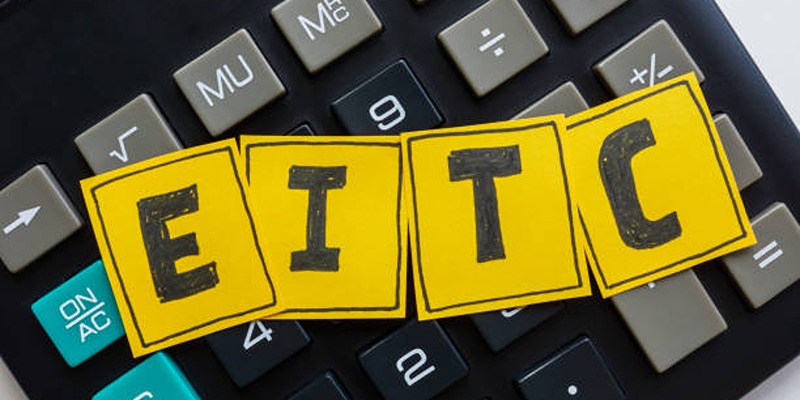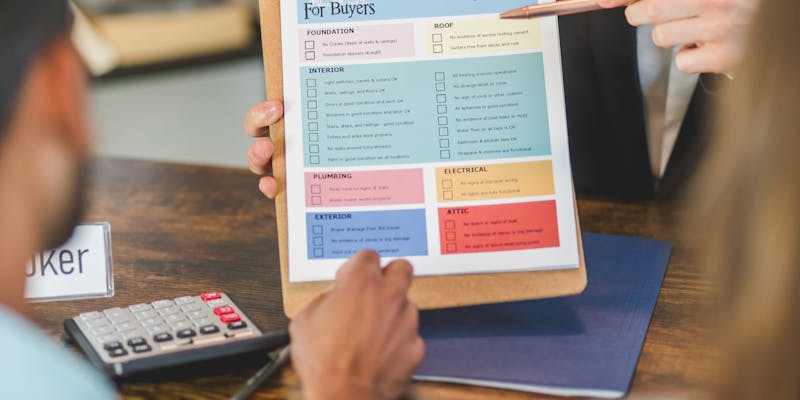What Is the Role of a Listing Broker: Responsibilities, Skills, and Benefits
A listing broker is one of the most important players in property selling in real estate. Buyers and sellers interact with many different people during a real estate transaction, but the listing broker is a unique one, especially so for sellers. They act as an official representative of a property and not only list it on the market but also help the seller through every step of the selling process. This article will explain what a listing broker is, what qualifications they should have, and why their role is so important in helping sellers achieve their goals.
What is a Listing broker?

The seller's real estate professional in a transaction is called a listing broker or listing agent. The listing broker is unlike a buyer's agent, who specializes in helping clients find a property to purchase, in that the listing broker is hired to represent the seller's interests. When a property owner wants to sell, they usually employ a listing broker to help them get their property marketed well, priced accurately, and visible to potential buyers.
Under a contract, often called a listing agreement, listing brokers work for the seller. The agreement outlines the broker's commission, the property's list price, and the scope of the broker's services, among other things. The listing broker receives a commission (a share of the property's sale price) in return for its expertise, resources, and market knowledge in the hope of selling the property for the highest price and in the shortest amount of time.
Core Responsibilities of a Listing Broker

The role of a listing broker is extensive, covering everything from setting the initial listing price to closing the sale. Lets break down their main responsibilities:
Pricing the Property
One of the first steps a listing broker undertakes is helping the seller establish a realistic listing price. They conduct a comprehensive market analysis, evaluating recent sales of similar properties in the area, market trends, and the home's unique features. Proper pricing is essential since overpricing can deter buyers while underpricing could lead to lost profits. By determining a fair market value, the listing broker ensures the property attracts potential buyers without compromising on the sellers financial expectations.
Marketing and Promotion
A significant portion of a listing brokers job is to create exposure for the property. Marketing strategies can range from traditional methods like signage and open houses to digital approaches, including listing the property on multiple online real estate platforms, social media promotions, and virtual tours. In many cases, listing brokers collaborate with professional photographers and stagers to ensure the property makes a strong first impression. This visibility is crucial as it increases the chances of attracting serious buyers who are willing to make competitive offers.
Negotiating with Potential Buyers
Once offers start coming in, the listing broker plays a central role in negotiations. They act as a liaison between the seller and prospective buyers or their agents, presenting offers, discussing potential counteroffers, and guiding the seller on when to accept or decline. Listing brokers use their market knowledge and negotiation skills to maximize the propertys sale price, always aiming to meet or exceed the sellers expectations. Their expertise helps sellers navigate the often complex and emotionally charged process of evaluating offers and terms.
Handling Paperwork and Compliance
Real estate transactions involve extensive paperwork and strict legal requirements, and the listing broker is responsible for ensuring that all documents are correctly prepared and filed. This includes drafting contracts, disclosure statements, and other legal documents. The listing broker must ensure that all paperwork aligns with federal, state, and local regulations. They also keep track of deadlines, inspections, appraisals, and other requirements to ensure a smooth transaction process, minimizing any potential issues that could delay the sale.
Supporting Sellers Through Closing
The closing process can be one of the most challenging stages for sellers, and a listing brokers support is invaluable. They assist in coordinating the final steps, such as inspections, appraisals, and walkthroughs, ensuring all contractual obligations are met. The listing broker works closely with title companies, mortgage lenders, and other parties involved to facilitate a seamless closing. This hands-on support allows sellers to navigate the final stages with confidence, knowing they have a professional managing any last-minute issues.
Qualifications and Skills of a Successful Listing Broker
The responsibilities of a listing broker require a unique blend of qualifications, skills, and personal attributes. Typically, listing brokers must meet specific licensing requirements, complete coursework, and pass exams to operate legally. However, formal qualifications are only part of what makes an effective listing broker.
Licensing and Education
To become a licensed real estate broker, individuals must complete pre-licensing courses and pass a state-administered exam. In most states, aspiring brokers must also gain experience as real estate agents, which means working under the guidance of a licensed broker for a set period. Continuing education is often required, ensuring that brokers stay updated on the latest laws, trends, and best practices in real estate.
Market Knowledge and Analytical Skills
Understanding the local real estate market is crucial for listing brokers. They must keep up-to-date with neighborhood trends, property values, and buyer demographics. Strong analytical skills enable them to interpret market data, such as recent sales and housing demand, which directly impact how they price and market properties.
Communication and Negotiation Skills
Effective communication is key in real estate, and listing brokers must interact professionally with sellers, buyers, and other agents. Excellent negotiation skills are also essential, as these determine how effectively the broker can secure favorable deals for the seller. Successful listing brokers know how to advocate for their clients while maintaining positive relationships with all parties involved.
Conclusion
In summary, a listing broker plays an invaluable role in the property-selling process, providing sellers with the expertise, resources, and support they need to achieve a successful sale. From pricing the property to negotiating offers and overseeing the closing, they handle every detail, ensuring sellers get the best possible outcome with minimal hassle.












